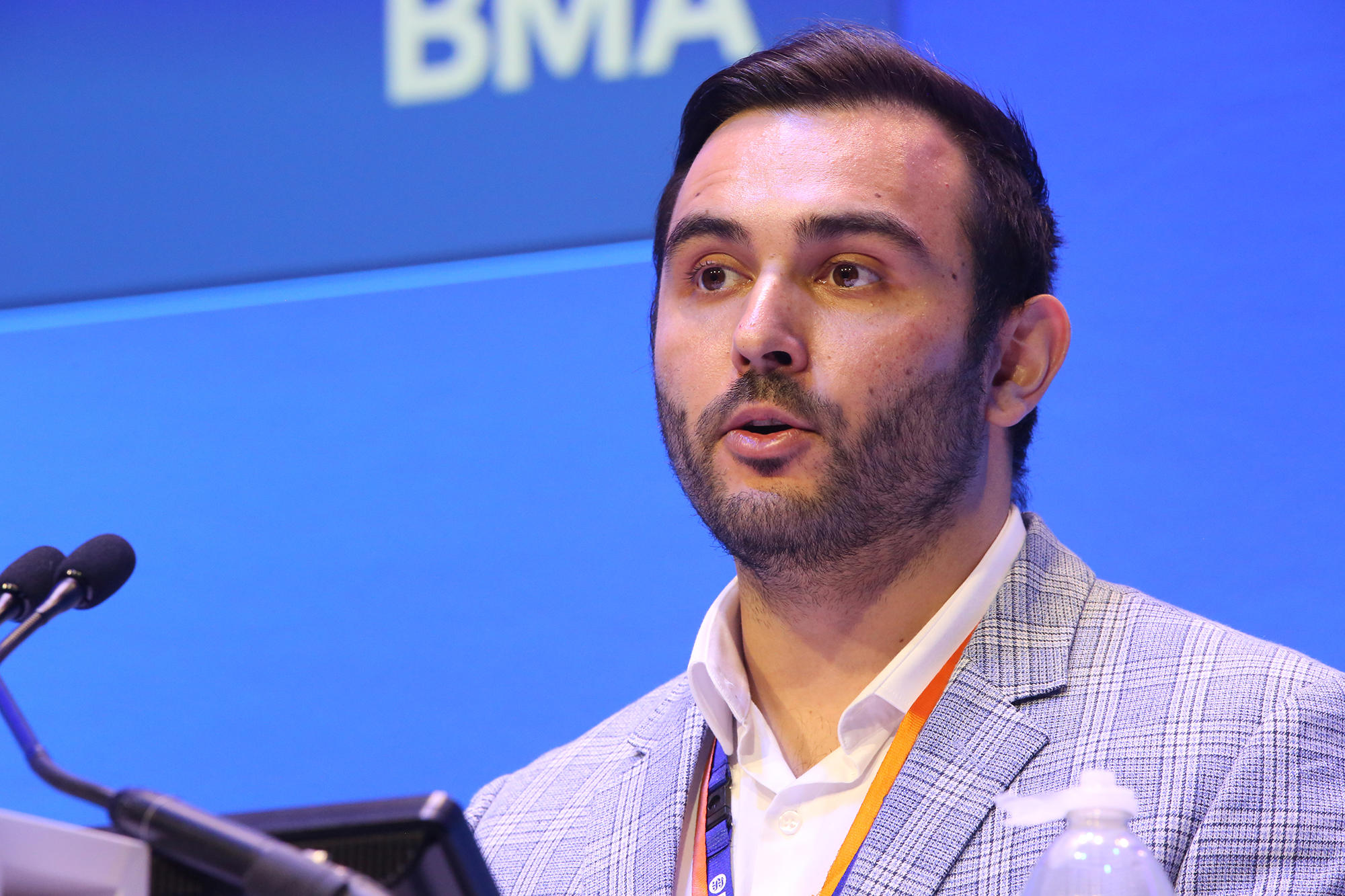One of the most tragic hallmarks of the pandemic has been the disproportionate impact the virus has had in terms of infection rates, severity of illness and deaths on minority ethnic groups in the UK and many other parts of the world.
The arrival of the first vaccinations to COVID in late 2020 were seen as a turning point and a beacon of hope, even as small but significant pockets of resistance to getting the vaccine also began to emerge.
While vaccine hesitancy is a phenomenon that can be found across all groups, data shows rates of hesitancy are often higher among people from minority ethnic backgrounds.
A paper published last July by the Lancet of a study of the ethnic differences in SARS-CoV-2 vaccine hesitancy in UK healthcare workers found that 54 per cent of staff from black Caribbean backgrounds and 34 per cent of black African backgrounds expressed hesitancy to vaccination compared to just 21 per cent of those from white British backgrounds.
What is perhaps less well understood are some of the historical reasons for this hesitancy.
Speaking at the BMA annual representative meeting in Brighton this week, Cardiff medical student Omolara Akinnawonu warned that scepticism and resistance to vaccination among minority ethnic groups often had its roots in racial discrimination and a mistrust of the medical establishment.
Putting forward the motion on behalf of Oxford University medical student Safia Khan, who originally brought the issue before this year’s medical students committee conference, Ms Akinnawonu called upon the BMA to work with and encourage NHS trusts and health boards to place a greater focus on engaging with and building trust with ethnic minority communities.
She added that the UK medical establishment needed to be held accountable for the role it had played in unethical medical practices, many of which had contributed to mistrust, warning that it was vital that the concerns of minority groups should no longer be ignored or dismissed.
‘Some may attribute these issues [vaccine hesitancy] to miseducation, misinformation and poor organisation from local leaders; however, it is important to separate misinformation from lack of trust with government and public health bodies – and that is the issue here,’ she said.
‘Systemic bias, unconscious bias and historical marginalisation of these groups have influenced these attitudes. Unethical research in black populations, underrepresentation of minorities in clinical trials and negative personal experiences have influenced the hesitancy towards taking up vaccines.’
 Dr Kennedy
Dr Kennedy
Public health registrar Ciaran Kennedy told the ARM that he had spent the past 12 months working with ethnic minority communities to promote uptake of COVID vaccinations.
He said that while mistrust towards clinicians was often ‘palpable’ historical outrages such as the Tuskegee Syphilis Study – in which hundreds of African Americans were deceived and denied access to treatment by doctors in the US so that the progression of their infection could be studied, cast long shadows among minority ethnic groups.
‘This [mistrust] is often attributed to misinformation and susceptibility to conspiracy theories,’ explains Dr Kennedy.
‘When actually a lot of it is rooted in historical marginalisation of ethnic minority communities.
‘There is hope. In my locality we increased our vaccination rates, we increased our engagement with public health, and we did this by listening to communities and giving ethnic minorities forums not just for representation but for material change and to have a say in their health policy.’
 Dr Datta
Dr Datta
While acknowledging the pernicious effect of unethical medical research on minority communities, consultants committee member Shanu Datta expressed concern about the BMA taking the blame for the wrong doings of others.
‘It would be unreasonable to ask the association to take responsibility for every wrongdoing of every Royal college, university, medical school or pharmaceutical industry and ultimately government that has been responsible for this egregious wrongdoing,’ he says.
‘The BMA should, and will, take accountability for its own wrongdoing but it is not right that we should throw a lifeline to other wrongdoers.’
Consultant Keith Brent said however that the motion had compelled him to re-evaluate medical injustices based on ethnicity that he had witnessed during his own career, and urged colleagues not to dismiss the concerns being highlighted.
‘I remember being a junior doctor in the 1990s and working in London hospitals with significant black populations and significant presentations of sickle-cell disease,’ says Dr Brent.
‘We restricted access to morphine because the assumption was they [the patients] were exaggerating their pain. I was only a junior doctor, I wasn’t in control, but did I speak up or say anything against [this practice]? Of course I bloody didn’t.’
Members of the ARM endorsed calls for the association to acknowledge that mistrust and vaccine hesitancy among minority ethnic groups was not solely the result of misinformation and backed moves to encourage trusts to do more to engage and communicate effectively with patients from these communities.

